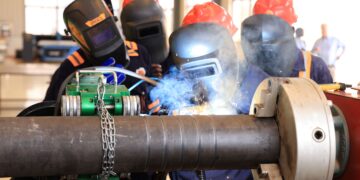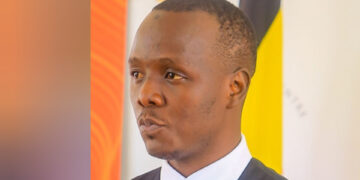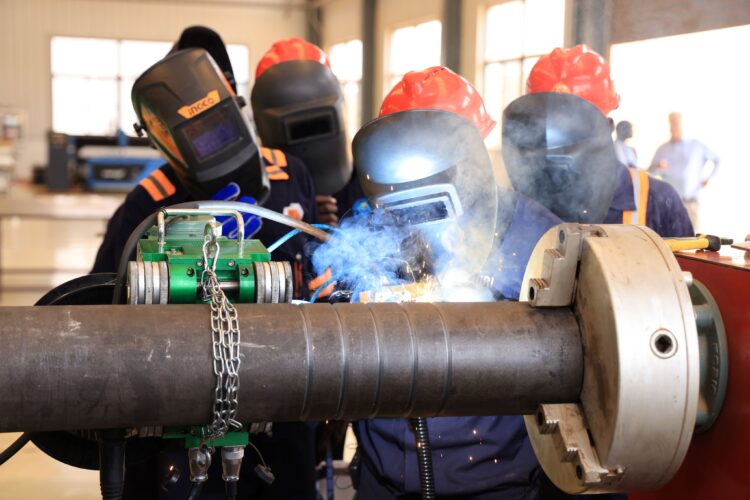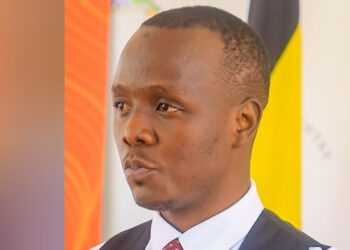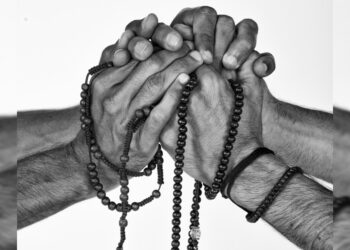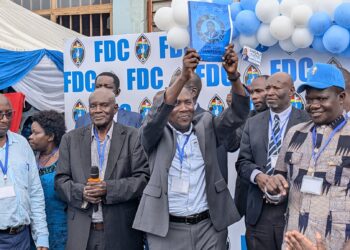OPINION
In the face of a climate crisis that continues to worsen with each passing year, the world’s most vulnerable communities are bearing the brunt of its effects. From severe droughts in East Africa to devastating flooding in Asia and rising sea levels in coastal nations, climate change is no longer a distant threat, it is a present reality. Yet, despite growing global awareness of the destructive effects of fossil fuel consumption, new oil and gas projects continue to emerge, many of which threaten to worsen the situation. One such project is the East Africa Crude Oil Pipeline (EACOP), a massive infrastructure development that risks undermining global climate goals while inflicting harm on local communities.
The East Africa Crude Oil Pipeline (EACOP) is set to become the longest heated crude oil pipeline in the world, stretching 1,445 kilometers from Uganda to the Tanzanian coast. With an estimated capacity to transport 246,000 barrels of oil per day for the next 25 years, the pipeline would undoubtedly contribute to the continued extraction and consumption of fossil fuels at a time when the world needs to be phasing them out, not expanding their infrastructure.
Despite the urgent need to transition to renewable energy, the EACOP project exemplifies the troubling trend of continued fossil fuel investment. Once completed, the pipeline will not only increase oil production but also cement the region’s reliance on oil as a key economic driver. While this may offer short-term financial benefits, it directly contradicts the global goals outlined in the Paris Agreement, which seeks to limit global warming to 1.5°C and urges a rapid transition away from fossil fuels.
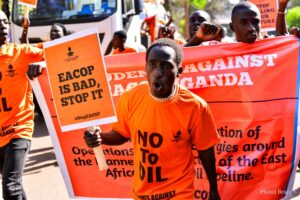
The human rights concerns surrounding the EACOP project are just as significant as its environmental impact. As the pipeline stretches through both Uganda and Tanzania, thousands of people have already been displaced to make room for its construction. According to reports from organizations like Human Rights Watch, these communities have been uprooted with insufficient compensation or relocation support, leaving many without the resources to rebuild their lives. The relocation process has been marked by a lack of adequate funding, forcing displaced individuals to face poverty, loss of livelihood, and uncertainty about their futures.
In addition to the displacement of thousands, the pipeline threatens sensitive ecosystems that many local communities depend on for their livelihoods. Just as oil extraction has devastated the ecosystems of the Niger Delta in Nigeria, the EACOP project poses a significant risk to Uganda’s Lake Albert and Tanzania’s Lake Tanganyika. These water bodies, already facing pressures from human activity and climate change, could be further harmed by oil spills and other forms of pollution associated with the pipeline.
Perhaps the most pressing issue with the EACOP project is its direct contribution to climate change. The pipeline is expected to transport oil for the next 25 years, releasing millions of tons of CO2 into the atmosphere as the crude oil is refined and burned. In a world already grappling with extreme weather events, rising temperatures, and a rapidly closing window to mitigate the worst impacts of climate change, the continued extraction and consumption of fossil fuels is a dangerous path.
The oil extracted from the EACOP pipeline—246,000 barrels per day—is a drop in the ocean compared to the global oil supply, but the symbolism is crucial. It represents a step backward in the fight against climate change, a moment where economic interests triumph over the urgency of transitioning to renewable energy. As activists argue, this project locks both Uganda and Tanzania into a fossil fuel economy for decades, delaying efforts to shift to clean, renewable energy sources like solar, wind, and geothermal—resources that are abundant in East Africa and offer a path toward sustainable development.
Activists, particularly in Africa, have been vocal in their opposition to the EACOP project. Many argue that the pipeline is an example of climate injustice, disproportionately affecting communities that have contributed the least to global emissions but are already feeling the effects of climate change. As oil continues to be extracted from regions like Uganda, the environmental harm inflicted on local populations is not just a matter of economic inequality but a violation of human rights.

The international community must recognize that the fight for climate justice is inseparable from the fight for human rights. In East Africa, activists are not just fighting for environmental protection—they are fighting for their right to clean air, safe water, and stable livelihoods. However, these activists face violent repression. There have been multiple arrests of those advocating against the project, a chilling reminder of the consequences of challenging powerful corporate interests. The situation echoes broader global concerns about the shrinking space for environmental and human rights defenders, who are often silenced for opposing extractive industries.
A Call for a Just Transition
To meet the Paris Agreement’s climate goals, the world must phase out fossil fuel projects like EACOP and transition to regenerative systems that prioritize the well-being of people and the planet. For countries in Africa and other developing regions, this means finding alternative pathways to economic growth—pathways that do not rely on the exploitation of fossil fuels but on the promotion of renewable energy technologies that can create jobs, protect ecosystems, and reduce global emissions.
East Africa has the potential to become a leader in renewable energy. Countries like Kenya are already investing in geothermal energy, while solar and wind resources are abundant across the continent. By investing in these resources, East African nations can build a sustainable energy future that provides clean, affordable power to their citizens without exacerbating climate change.
Conclusion: The Need for Global Solidarity
The fight against the EACOP project is a fight for justice—not only for the people of East Africa but for the future of the planet. As climate activists have pointed out, the project’s devastating consequences extend beyond the communities directly affected by its construction. It serves as a reminder of the need for global solidarity in the effort to combat climate change and create a just energy transition.
Governments, investors, and civil society must come together to challenge the logic of fossil fuel expansion and demand that projects like EACOP be halted. Instead, we must focus on investing in renewable energy and sustainable development that benefits all people, especially those who have borne the brunt of our extractive practices. The time for action is now, because our future depends on it.
By Leticia Ahirirwe,
The writer is a Public Relations Officer at Women in Green Economy Movement (WoGEM) Uganda
Email: ahirirweleticia100@gmail.com
